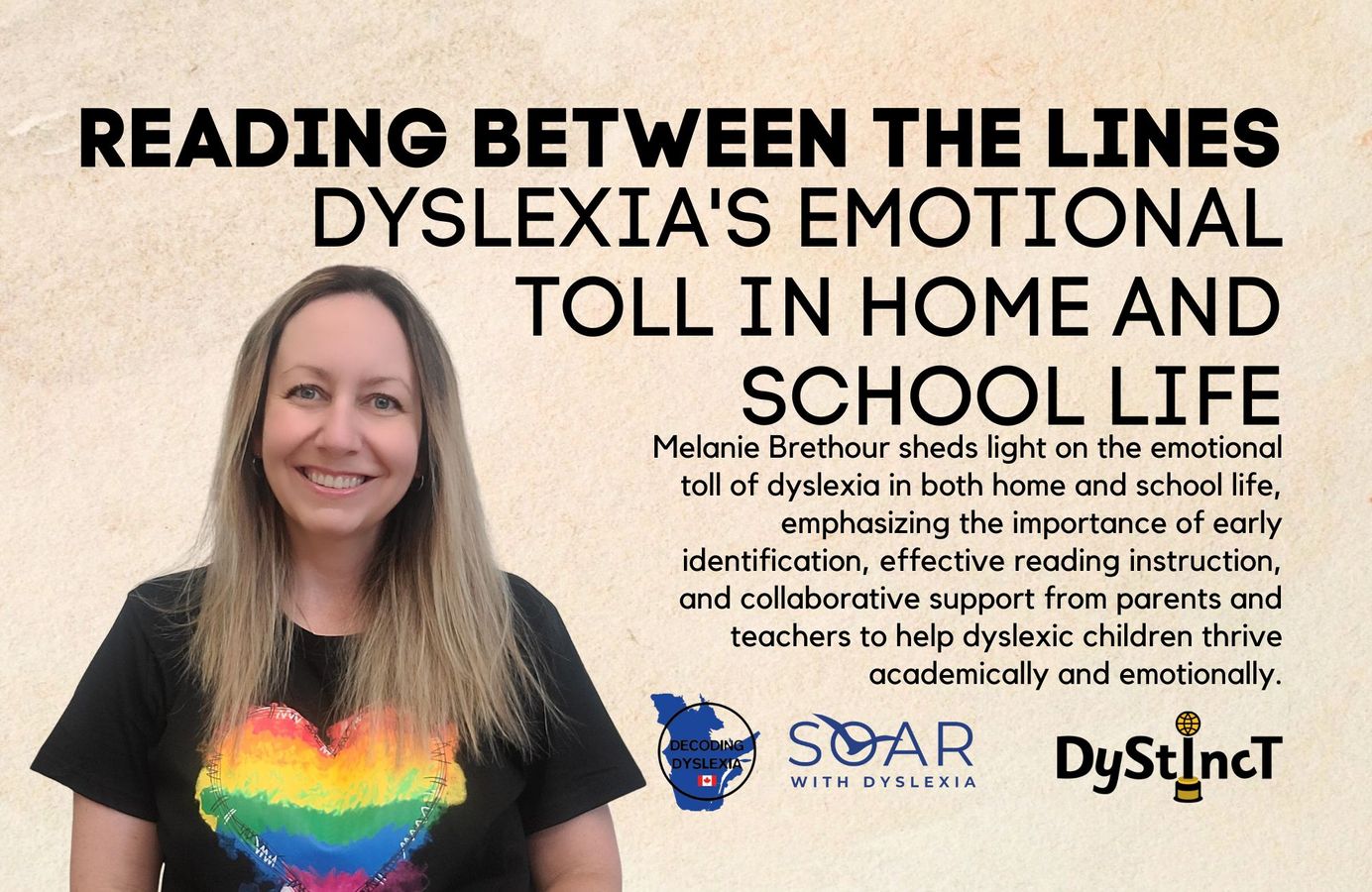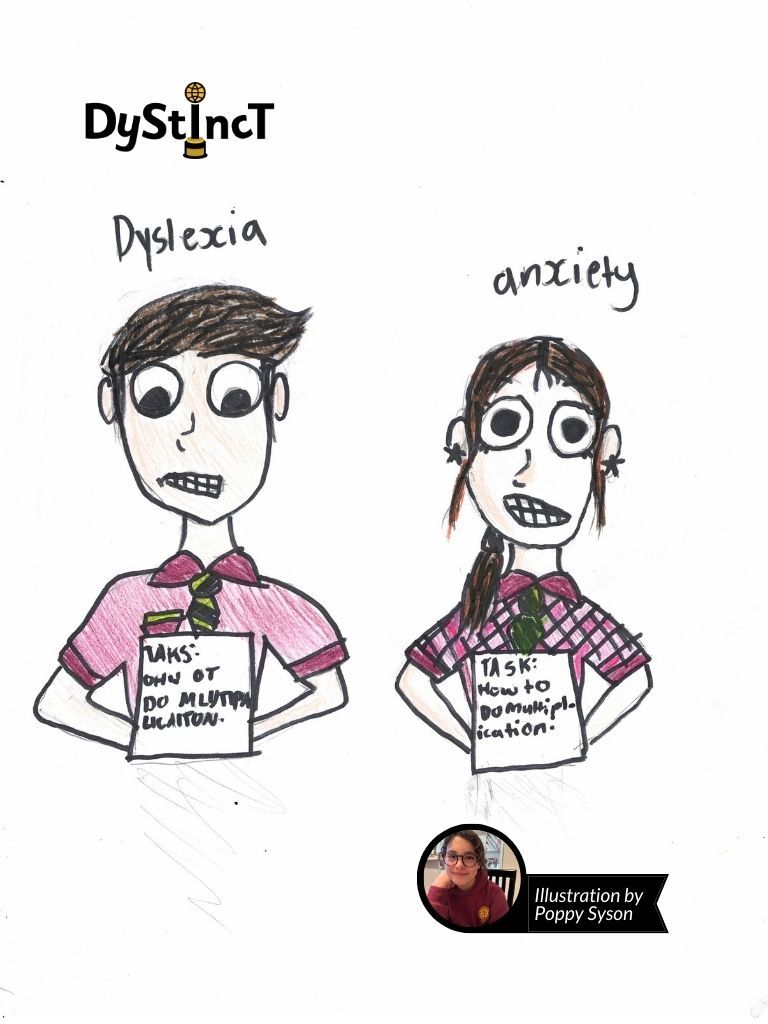
Issue 18: Reading Between the Lines: Dyslexia's Emotional Toll in Home and School Life | Melanie Brethour
Melanie Brethour sheds light on the emotional toll of dyslexia in both home and school life, emphasizing the importance of early identification, effective reading instruction, and collaborative support from parents and teachers to help dyslexic children thrive academically and emotionally.
Amidst the academic hurdles posed by dyslexia lies a lesser-known aspect of hidden mental health challenges that often go unnoticed. The correlation between dyslexia and anxiety significantly impacts a child's mental health and self-esteem. It presents difficulties for parents and educators who may not be familiar with the signs of mental health issues or how to offer support for their children or students with dyslexia.

Personal Experience and Awareness
Personal Experience and Awareness
In my role as an elementary resource teacher supporting struggling readers and as a parent to a child with dyslexia, I have firsthand experience of the significant impact dyslexia has on mental health. Watching my son, who grapples with reading and writing difficulties, I am filled with empathy and sadness. I often find myself with feelings of guilt for not fully grasping his challenges and not knowing how to help him earlier on. Witnessing his daily struggles has motivated me to advocate for dyslexia awareness, the science of reading and the mental health implications.
Understanding the critical role of reading proficiency, we must equip our children and students with the necessary tools to succeed in reading and alleviate their anxiety. My awareness grew as I saw my son coping with these challenges. Thus, it is essential to identify signs of anxiety, stress, and other mental health issues both in the classroom and at home. Recognizing these challenges early on can make a significant difference in the lives of dyslexic individuals, allowing for timely intervention and support.
The Importance of Reading Proficiency
The Importance of Reading Proficiency
In a world heavily reliant on digital technology and communication, the inability to read proficiently becomes apparent in everyday situations. Simple activities that many of us take for granted, like playing board games as a family or watching a movie at the theatre, become significant challenges for those with dyslexia. I have witnessed the innocent requests my son makes for me to read questions for board games or subtitles in movies, which highlights the impact of being unable to read proficiently. Beyond academics, dyslexia's emotional and social toll is immeasurable. These early adverse experiences and the lack of proper support and understanding from home and school contribute to heightened anxiety and negative perceptions of self, leading to stress and worry.
This post is for paying subscribers only
SubscribeAlready have an account? Log in


